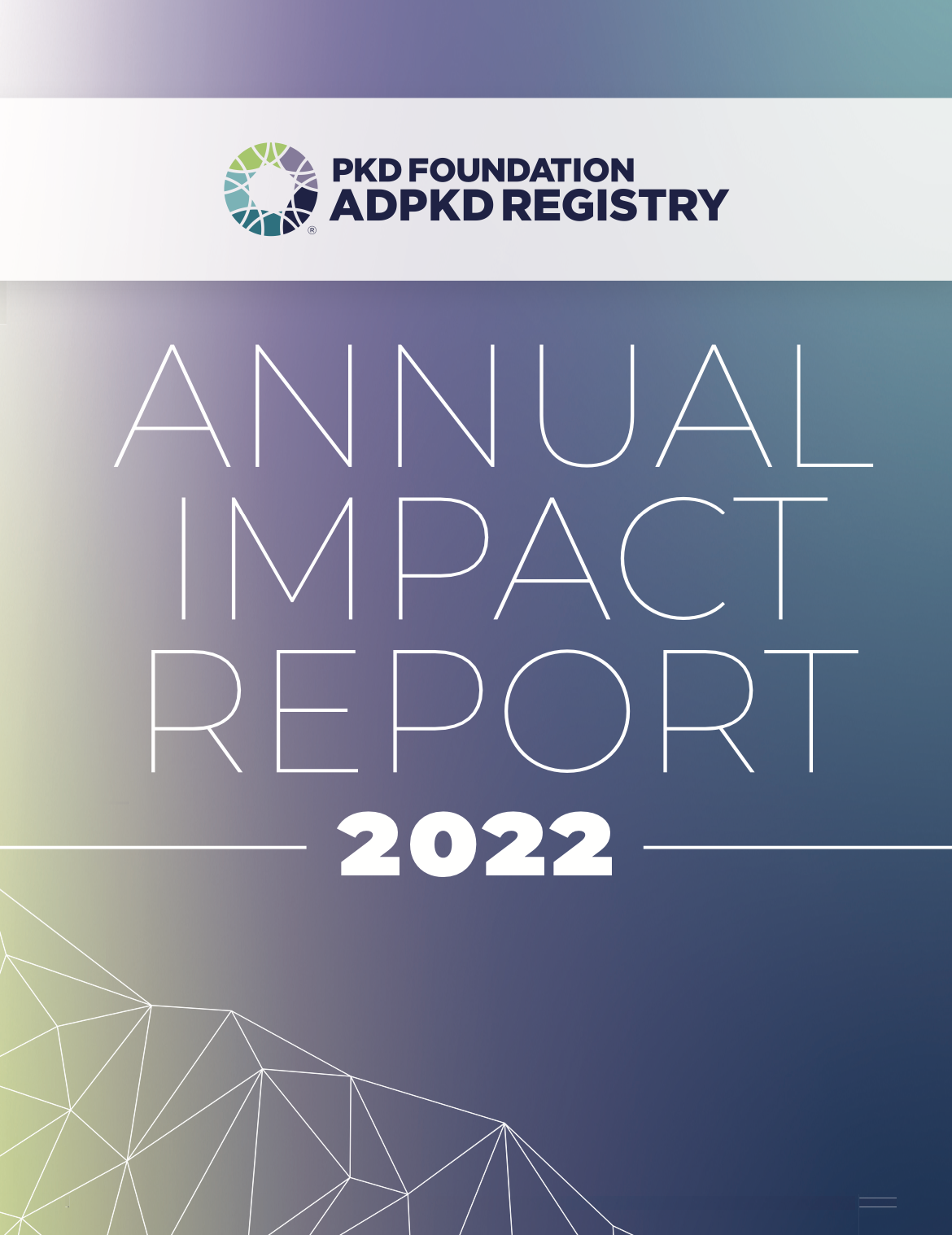About
What is the database and what are we learning from it?
Learning objectives
- Understand how genetic test results can tell us about a PKD patient’s disease progression.
- Learn how to sign up to participate in genetic research.
- Increase knowledge of PKDF’s funded research programs and projects.
Questions?
Speaker

Peter C. Harris, Ph.D.
Director, Mayo Clinic Translational PKD Center
The research laboratory of Peter C. Harris, Ph.D., focuses on genetic diseases of the kidney, especially PKD. Dr. Harris’ laboratory employs a range of genetic and cell biological approaches to understand the etiology and pathogenesis of these disorders. Dr. Harris’ research group previously identified the major gene for the common autosomal dominant PKD (ADPKD) and the gene for autosomal recessive PKD (ARPKD). More recently, they identified two genes for the syndromic PKD, Meckel syndrome (MKS), and two minor ADPKD-like genes.
In these disorders, Dr. Harris’ studies are focused on screening for disease-causing mutations and other variants that can modify the phenotype. By employing genotype and phenotype studies, he is determining the extent to which the variability in disease presentation and progression is explained by simple genetic factors.
Dr. Harris’ research is funded by the National Institute of Diabetes and Digestive and Kidney Diseases (NIDDK). He is associate director of the Mayo Translational PKD Center, which coordinates PKD research activities at Mayo Clinic. He also hosts the PKD Foundation-funded ADPKD Mutation Database, which describes more than 2,000 variants to the ADPKD genes.



